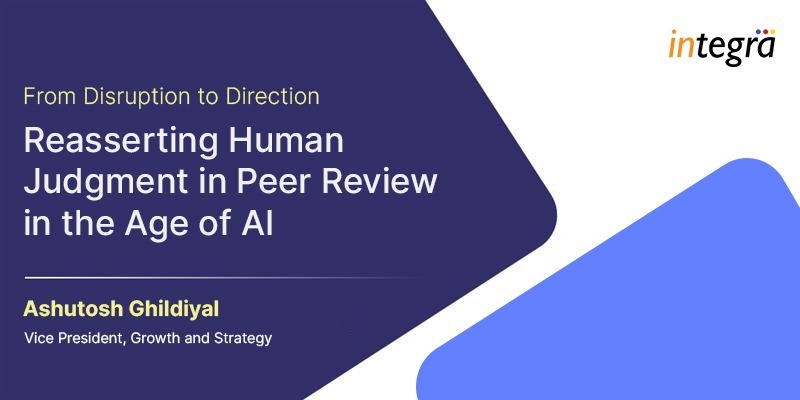How Machine Learning Analytics Revolutionized Data Interpretation in Healthcare

In the digital epoch, Machine Learning Analytics has emerged as a cornerstone in healthcare, transforming the vast ocean of data into a conduit for innovation, efficiency, and precision. The journey of data interpretation in healthcare has been radically redefined by the advent of machine learning techniques. It is not merely an incremental step but a fundamental revolution, unleashing unparalleled levels of precision, efficiency, and personalized care that were once unfathomable.
The Evolution of Data Analytics in Healthcare
Traditionally, healthcare analytics was a game of hindsight, relying on descriptive methodologies that focused on what had already happened. This form of analysis offered a retrospective view of patient outcomes and healthcare efficiencies. With the advent of Machine Learning Analytics, the paradigm shifted dramatically from mere description to anticipation – predictive analytics – and to action – prescriptive analytics. Key statistics underscore this leap; for instance, the State of AI study projected that, Seventy-five percent of large organizations (annual revenue of over US$10 billion) invested over US$50 million in AI projects/technologies, while approximately 95% of mid-sized organizations (annual revenue of US$5 billion to US$10 billion) invested under US$50 million.
Machine Learning Analytics at the Forefront of Precision Medicine
At the heart of modern medicine lies precision, a target attainable through the lens of Machine Learning Analytics. This cutting-edge technology has given rise to precision medicine, where algorithms process patient data to craft tailored treatment protocols. For diseases like cancer, where a millimeter or a millisecond can determine outcomes, machine learning has been pivotal in increasing survival rates. It’s the behind-the-scenes hero in many life-saving treatments that are custom-made for individual genetic profiles.
Operational Efficiencies and Cost Reduction
Operational efficiency is the lifeblood of effective healthcare delivery, and Machine Learning Analytics acts as its pacemaker. The analytics fine-tune the machinery of healthcare systems, from predictive maintenance of medical equipment to optimization of resource allocation. By curtailing unnecessary procedures, machine learning doesn’t just save money—it saves lives. Hospitals that have adopted machine learning have seen a reduction in patient wait times and operational costs, demonstrating the tangible benefits of this technology.
Enhanced Diagnostic Capabilities
In the realm of diagnostics, Machine Learning Analytics has emerged as a pivotal ally. Through sophisticated pattern recognition and anomaly detection, machine learning elevates the diagnostic process. Early detection of ailments such as cancer, Alzheimer’s, and cardiovascular diseases has seen unprecedented advancements thanks to deep learning models like convolutional neural networks (CNNs) and other tools, such as computer vision models specifically designed for image recognition, image segmentation, pattern detection, image classification. Which helps in giving health professionals a more in-depth visualization of the potential issue for a more accurate diagnosis. Doctors have used medical imaging to help diagnose early detection of diseases, assist in decision-making processes, and monitor the patient’s health.
Machine Learning in Epidemic Outbreak Prediction and Management
In an era where epidemics and pandemics pose global threats, Machine Learning Analytics serves as a vigilant sentinel. The COVID-19 pandemic exemplified the critical role of predictive analytics in forecasting outbreaks, allowing for proactive resource allocation and management. Machine learning models analyzed trends and mobility data to predict infection hotspots, demonstrating their pivotal role in crisis mitigation and management.
Challenges and Ethical Considerations
Despite the transformative power of Machine Learning Analytics in healthcare, challenges persist, such as ensuring data privacy and amassing robust datasets. Ethical considerations also loom large, with algorithmic bias and transparency being paramount concerns. The regulatory landscape continues to evolve, playing a significant role in shaping the application of machine learning in healthcare and striving to uphold the principles of equity and ethics.
Machine Learning Analytics has not only reshaped the landscape of data interpretation in healthcare but has set a new horizon for what is achievable. It propels the healthcare industry towards a future where patients receive care that’s tailor-made for their unique medical profile, and healthcare providers operate with heightened efficacy and foresight. As we gaze into the future, the potential for machine learning analytics to further revolutionize healthcare remains boundless, promising a new era of innovation and human well-being.
Recent Blogs

Why LaTeX Still Matters in Scholarly Publishing—and How the Right Partner Makes All the Difference

Print, Pedagogy, and AI: The New Architecture of Educational Publishing



